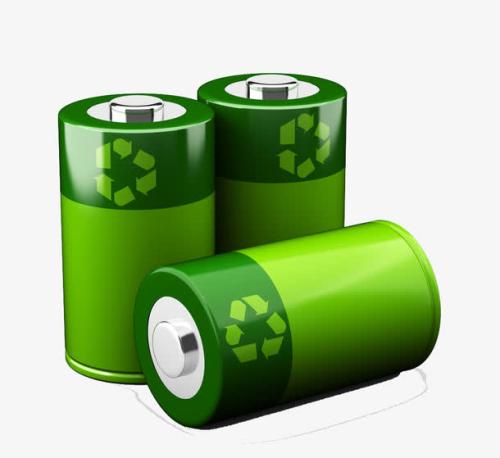What are the advantages and disadvantages of lithium batteries?
(1) Advantages of lithium battery
The energy density is high, and its volume energy density and mass energy density can reach 450W.h/dm3 and 150W.h/kg, respectively, and they are constantly improving. The average output voltage is high (about 3.6V), which is 3 times that of Ni-Cd and Ni-l batteries. The output power is large. Self-discharge is small, less than 10% per month, less than half of Ni-Cd and Ni-Ml. There is no memory effect like Ni-Cd and Ni-MH batteries, and the cycle performance is superior. It can be charged and discharged quickly, and the capacity can reach more than 80% of the nominal capacity when charging at 1C. The charging efficiency is high, basically 100% after the first cycle. The working temperature range is wide, -30~+45℃. With the improvement of electrolyte and positive electrode, it is expected to expand to -40~+70℃, and the low temperature may expand to -60℃. No maintenance required. It is more "friendly" to the environment and is called a green battery. Long service life, 100% DOD charge and discharge can reach more than 900 times; when using shallow depth (30% DOD) charge and discharge, the number of cycles has exceeded 5000 times.
(2) Disadvantages of lithium batteries
The cost is high, mainly due to the high price of the cathode material LiC002. With the continuous development of cathode technology, LiMn204, LiFeP04, etc. can be used as the anode, which is expected to greatly reduce the cost of lithium-ion batteries; a special protection circuit is necessary to prevent overcharging Or over-discharge; poor compatibility with ordinary batteries, because generally 3 ordinary batteries (3.6V) can be used to replace lithium-ion batteries. Graphene has not yet reached the practical stage, and there is still a long way to go before mass production. The huge shortcomings of lithium batteries in terms of safety, endurance, environmental pollution, and charging speed have begun to severely limit the development of major high-tech industries. Therefore, many corporate R&D departments have set their sights on more advanced graphene batteries.

Graphene batteries have the highest strength, best toughness, light weight and excellent electrical conductivity. As early as a few years ago, Huawei announced a fast charging technology. It only takes five minutes to charge a 3000 mAh graphene battery to nearly half the power.
It can be seen that graphene batteries are not only suitable for new energy vehicles, but also can be widely used in our mobile phone field, but this is only in the experimental stage, and it takes a long way to go before it is applied in the market.
Graphene has more advantages than traditional batteries. In terms of service life, its service life is twice that of lithium batteries and four times that of hydrogenated batteries. In terms of weight, its weight is only about half of traditional batteries. In terms of charging rate. Graphene batteries can be increased dozens of times or even hundreds of times.
Summary: Through the comparison of the above conditions, as far as the current situation is concerned, in terms of the maturity of R&D technology, manufacturing costs and market economic benefits, lithium batteries have more advantages than graphene batteries.
High quality graphite manufacturer
If you need graphite powder, please feel free to contact: sales@graphite-corp.com







